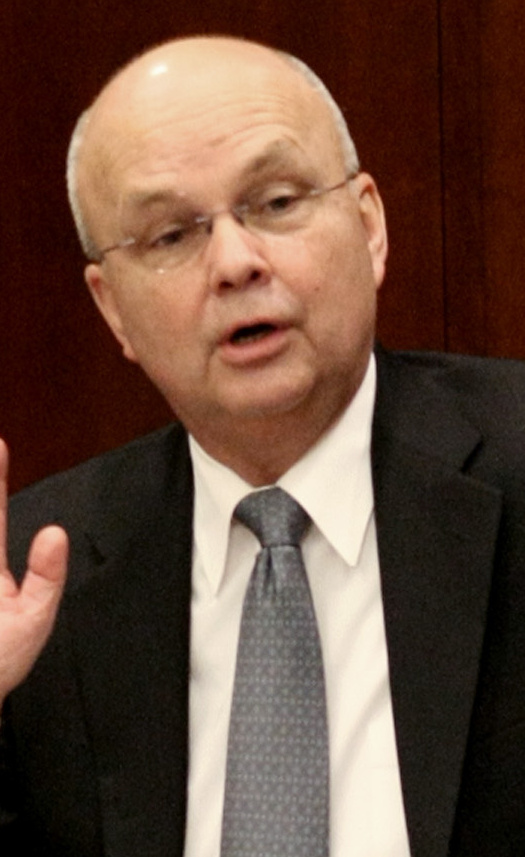WASHINGTON — The anti-secrecy group WikiLeaks raised the prospect Wednesday of sharing sensitive details it uncovered about CIA hacking tools with leading technology companies whose flagship products and services were targeted by the government’s hacker-spies.
If that sharing should take place, the unusual cooperation would give companies like Apple, Google, Microsoft, Samsung and others an opportunity to identify and repair any flaws in their software and devices that were being exploited by U.S. spy agencies and some foreign allies, as described in nearly 9,000 pages of secret CIA files that WikiLeaks published Tuesday.
The documents, which the White House declined anew Wednesday to confirm as authentic, describe clandestine methods for bypassing or defeating encryption, antivirus tools and other protective security features for computers, mobile phones and even smart TVs. They include the world’s most popular technology platforms, including Apple’s iPhones and iPads, Google’s Android phones and the Microsoft Windows operating system for desktop computers and laptops.
“This is the kind of disclosure that undermines our security, our country and our well-being,” said White House spokesman Sean Spicer. “This alleged leak should concern every single American.”
The CIA has declined to confirm that the documents are authentic. But on Wednesday, the agency said Americans should be “deeply troubled” by the disclosures.
WikiLeaks has not released the actual hacking tools themselves, some of which were developed by government hackers while others were purchased from outsiders. The group indicated Wednesday that it was still considering its options, but said in a statement that “tech companies are saying they need more details of CIA attack techniques to fix them faster. Should WikiLeaks work directly with them?” It wasn’t clear whether WikiLeaks – a strident critic of Google and Facebook, among others – was serious about such action.
The political fallout and damage to U.S. intelligence operations was still being assessed. The former head of the CIA and National Security Agency, Michael Hayden, sought to assure people that the U.S. would use such cyber weapons only against foreign targets.
“I can tell you that these tools would not be used against an American,” Hayden said Tuesday night on “The Late Show with Stephen Colbert.”
“But there are people out there that you want us to spy on. You want us to have the ability to actually turn on that listening device inside the TV, to learn that person’s intentions.”
One clear risk is that WikiLeaks revealed enough details to give foreign governments better opportunities to trace any of the sophisticated hacking tools they might discover back to the CIA, damaging the ability to disguise a U.S. government hacker’s involvement.
Send questions/comments to the editors.



Success. Please wait for the page to reload. If the page does not reload within 5 seconds, please refresh the page.
Enter your email and password to access comments.
Hi, to comment on stories you must . This profile is in addition to your subscription and website login.
Already have a commenting profile? .
Invalid username/password.
Please check your email to confirm and complete your registration.
Only subscribers are eligible to post comments. Please subscribe or login first for digital access. Here’s why.
Use the form below to reset your password. When you've submitted your account email, we will send an email with a reset code.